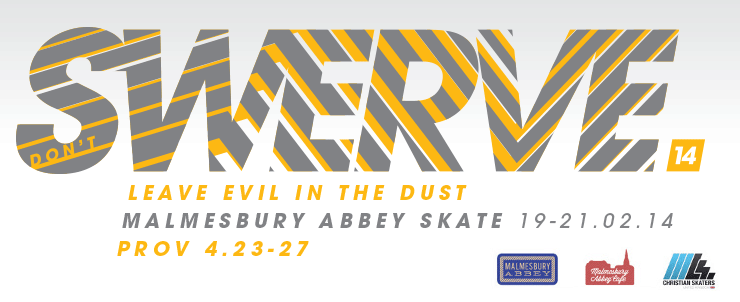The Archbishop of Canterbury, the Most Reverend Justin Welby, is to
baptise 17 people, at a service of celebration in the grounds of Malmesbury
Abbey. (See below)
On Saturday
September 13th at 4pm, as part of a three-day visit to the Diocese
of Bristol, the Archbishop will be
speaking at an outdoor service in the Abbey grounds and then
baptising 17 adults and young people by immersion in a baptismal pool. For many
this marks the beginning of a journey of faith, for some this is a return to
the Christian faith and a reaffirmation of an earlier baptism or christening.
This will
be a really significant day on a number of levels. This is a celebration of historic
links between Canterbury
We know
that Malmesbury Abbey’s founder, St Aldhelm, studied with Hadrian in Canterbury
in the 7th century, and we know that pilgrims from Canterbury and
elsewhere used to travel to Malmesbury to study with the monks here and use the
famous Abbey library; in fact the Old Bell Hotel was originally built by Abbot Walter
Loring in the 13th century to house the many visitors. So it feels
like the Archbishop is treading a pretty ancient path, albeit via the M4 and the A429.
I’ve also
asked many of our local historians whether the Archbishop of Canterbury has
visited Malmesbury in modern times and nobody can point to any visit at all in
the last few hundred years, so this is a very notable event for the people of
North Wiltshire.
And for
the friends, family and communities of those being baptised this will be a
moving personal moment and a great celebration. God is at work in all our lives, and our services of baptism and confirmation allow us to gather as a church and say 'look at the good thing God is doing.'
All are
welcome to what is an un-ticketed event, to be held inside the Abbey if wet.
After the service concludes, at about 5.30pm, the evening will continue with bouncy
castles, live music, a hog roast, an Indian buffet and a bar.
Then church the following day!



